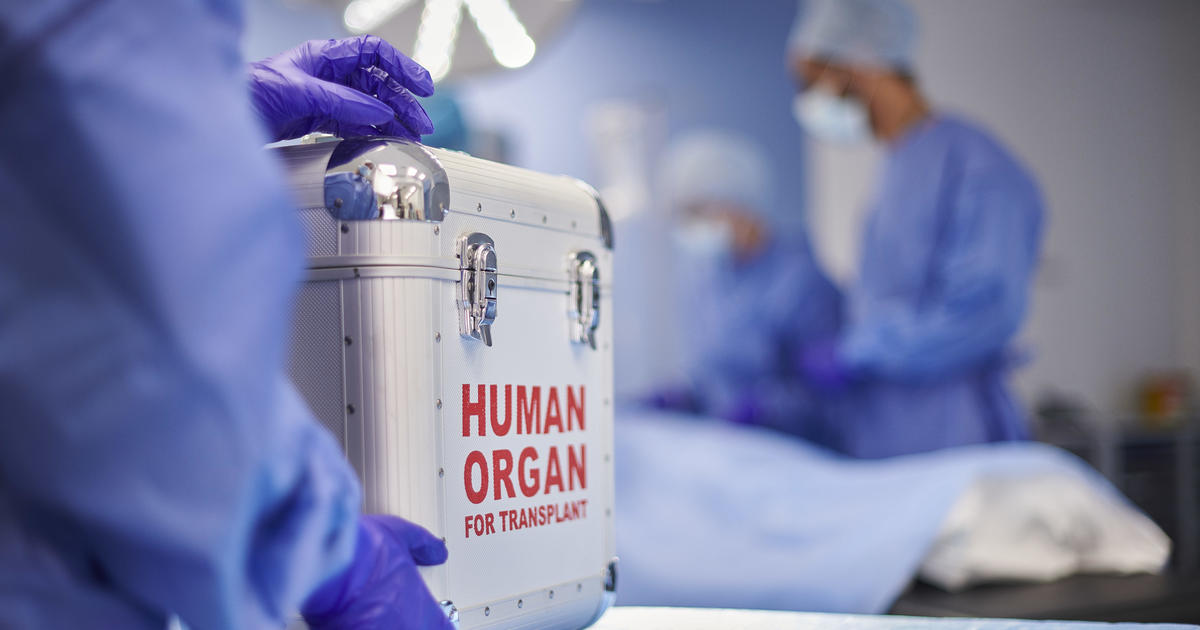A Houston hospital has halted its liver and kidney transplant programs after discovering that a doctor reportedly manipulated records for liver transplant candidates.
“Inappropriate changes … effectively inactivated the candidates on the liver transplant waiting list,” Memorial Hermann-Texas Medical Center said in a statement published Thursday in the Houston Chronicle. “Subsequently, these patients did not/were not able to receive organ donation offers while inactive.”
The New York Times, citing officials, identified the doctor as Dr. J. Steve Bynon Jr., a surgeon at the University of Texas Health Science Center in Houston who had a contract to lead Memorial Hermann’s abdominal transplant program.
In a statement to CBS News, UTHealth Houston called Bynon “an exceptionally talented and caring physician, and a pioneer in abdominal organ transplantation.”
“Our faculty and staff members, including Dr. Bynon, are assisting with the inquiry into Memorial Hermann’s liver transplant program and are committed to addressing and resolving any findings identified by this process,” UTHealth Houston spokesperson Deborah Mann Lake said in a statement.
CBS affiliate KHOU reported last week that the hospital was putting a pause on its liver donation program, citing a “pattern of irregularities” with donor acceptance criteria. That criteria included patients’ weight and age.
The “irregularities” were limited to liver transplants, the hospital said, but kidney transplants were halted because the programs share the same leadership.
The U.S. Department of Health and Human Services is aware of the allegations, and an investigation is underway, according to a statement from the agency.
“We are committed to protecting patient safety and equitable access to organ transplant services for all patients,” the statement said. “HHS will pursue all appropriate enforcement and compliance actions … to protect the safety and integrity of the organ procurement and transplantation system.”
Memorial Hermann has seen an increasing number of liver transplant candidates die while on the wait list or become too sick for a transplant in recent years, according to data from the Organ Procurement Transplantation Network.
Four patients died or became too ill for a transplant in 2021, 11 in 2022, 14 in 2023, and five so far in 2024, according to the data.
UTHealth Houston, citing the Scientific Registry of Transplant Recipients, said in its statement that “Dr. Bynon’s survival rates and surgical outcomes are among the best in the nation, even while treating patients with higher-than-average acuity and disease complexity.”
Memorial Hermann has not said how long the programs will remain shuttered.
The hospital said it was working with patients and their families to get them care and is contacting the 38 patients on the liver program transplant list and 346 patients on the kidney transplant list.
Patients on the waiting lists do not receive organ offers when the transplant program is halted, but they accumulate waiting time, according to the United Network for Organ Sharing. The patients may also be on multiple transplant waiting lists or transfer their wait time to another program, although each program has its own criteria for evaluating and accepting transplant candidates.
In Houston, Houston Methodist, Baylor St. Luke’s Medical Center and the Michael E. DeBakey Veterans Affairs Medical Center also offer transplant programs.













